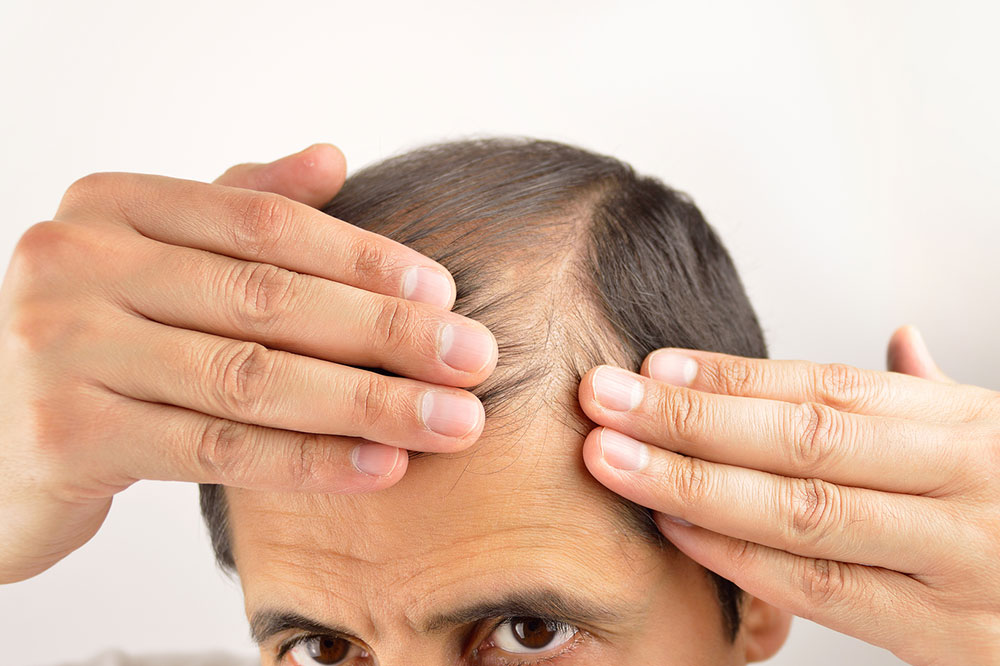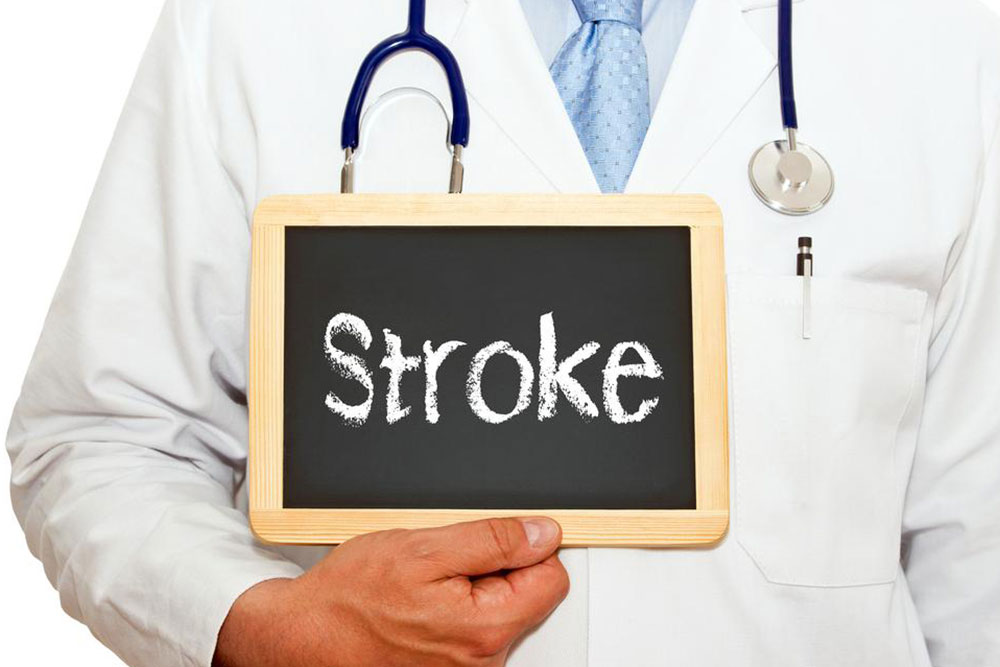Understanding Hair Loss: Symptoms and Causes
This article provides an in-depth overview of hair loss, outlining common symptoms such as patchy bald spots and overall thinning. It explores primary causes including genetics, medical treatments, and hormonal changes. Recognizing the signs and understanding the causes can help individuals seek appropriate care. Always consult healthcare professionals for personalized diagnosis and treatment plans.

Understanding Hair Loss: Symptoms and Causes
Hair loss results from scalp issues, but it can also stem from other health concerns. While some cases are temporary, most are permanent, often linked to aging, hormonal shifts, genetics, or medical conditions. Excessive hair shedding can lead to baldness, with hereditary factors being the most common cause.
Signs to watch for
Hair loss manifests in various forms, influenced by underlying factors. It may develop gradually or suddenly, affecting either specific scalp areas or the entire body.
Common indications include:
Patchy or circular bald spots
Patchy hair loss in areas like the scalp, eyebrows, or beard, often accompanied by itching or soreness before hair falls.
Thinning of hair at the crown
This form is prevalent with aging. Men frequently experience a receding hairline, while women may notice a broadened center part.
In women, a receding hairline is a typical pattern of hair loss.
Diffuse hair loss across the body
This can occur due to medical treatments such as chemotherapy, with hair gradually regrowing over time.
Sudden hair loss
Stressful events or health shocks can cause abrupt shedding, sometimes noticeable during washing or combing. Usually temporary, this may result in thinning.
Scalp patches that spread
Often caused by ringworm, these patches can be red, swollen, and may ooze, with broken hair in the affected areas.
Root causes of hair loss
It’s normal to shed 50-100 strands daily, but hair loss is marked by a failure of new growth to replace lost hair. Factors influencing hair health include:
Radiation therapy
Post-treatment, hair may not grow back to its previous density.
Stress
Intense emotional or physical stress can temporarily cause hair to fall out.
Genetics
The primary cause of hereditary hair loss, usually progressive with age.
Medications
Side effects of drugs for depression, gout, hypertension, or cancer can lead to hair loss.
Medical or hormonal issues
Thyroid problems, pregnancy, menopause, and scalp infections like ringworm and trichotillomania may cause either temporary or permanent hair loss.
Risk Factors
Age
Family history
Poor nutrition
Sudden weight changes
Diabetes
Stress
Lupus










